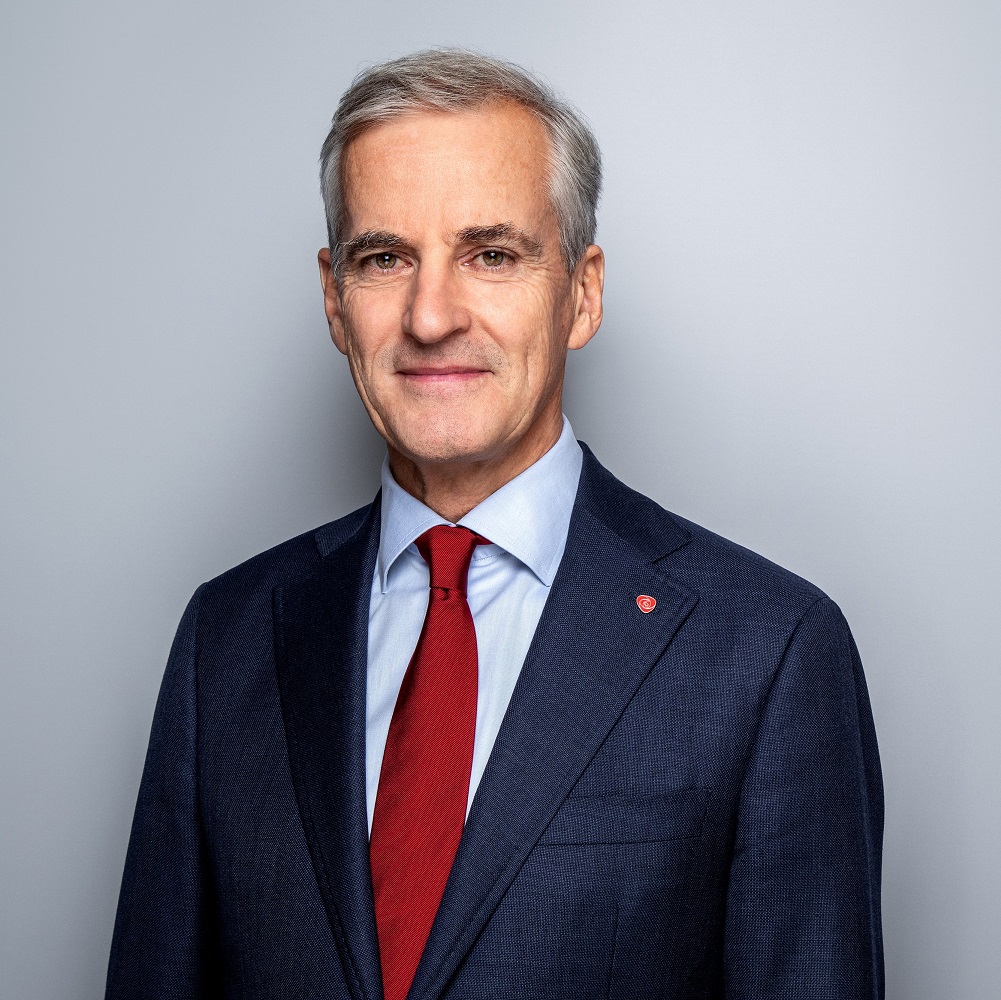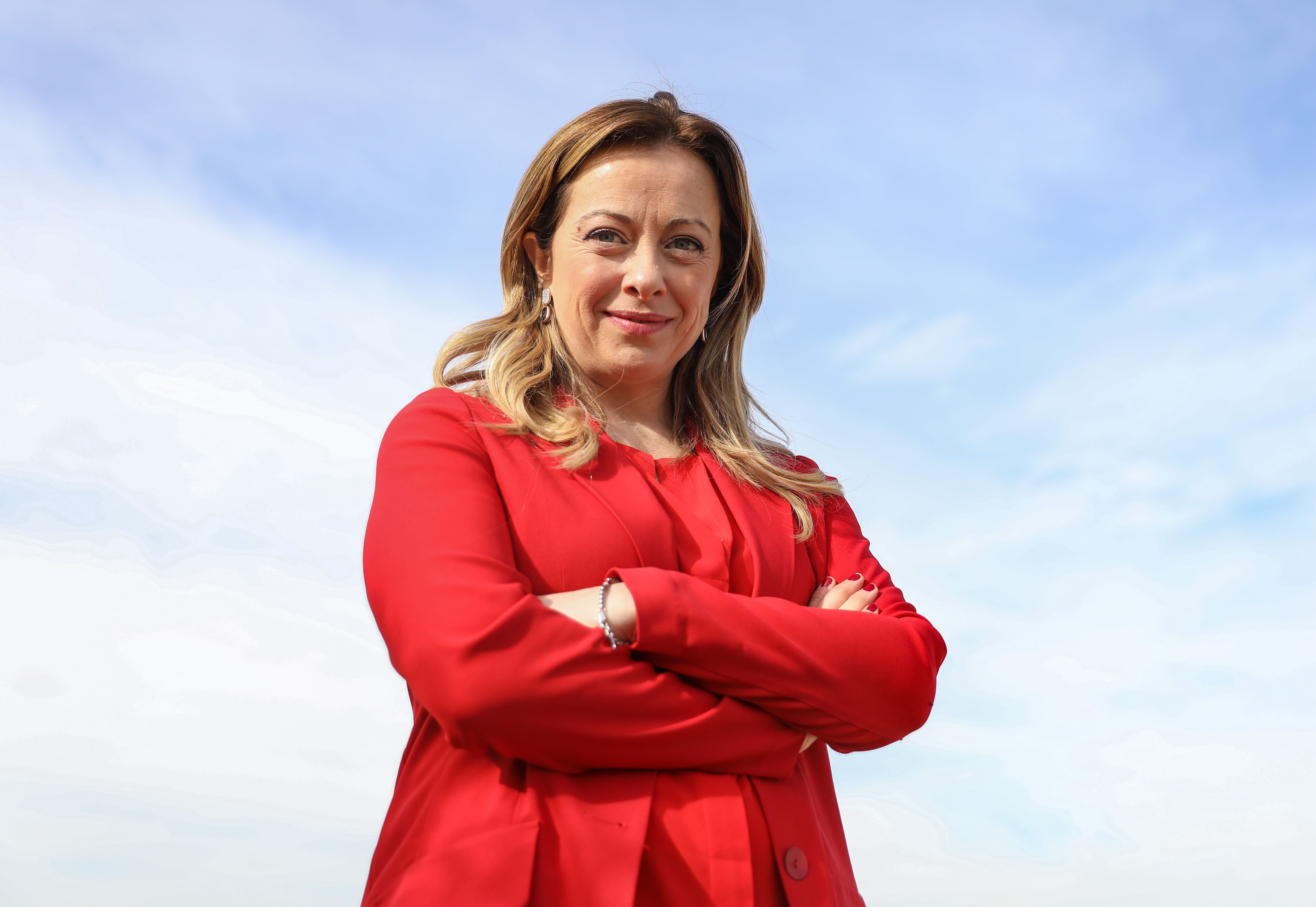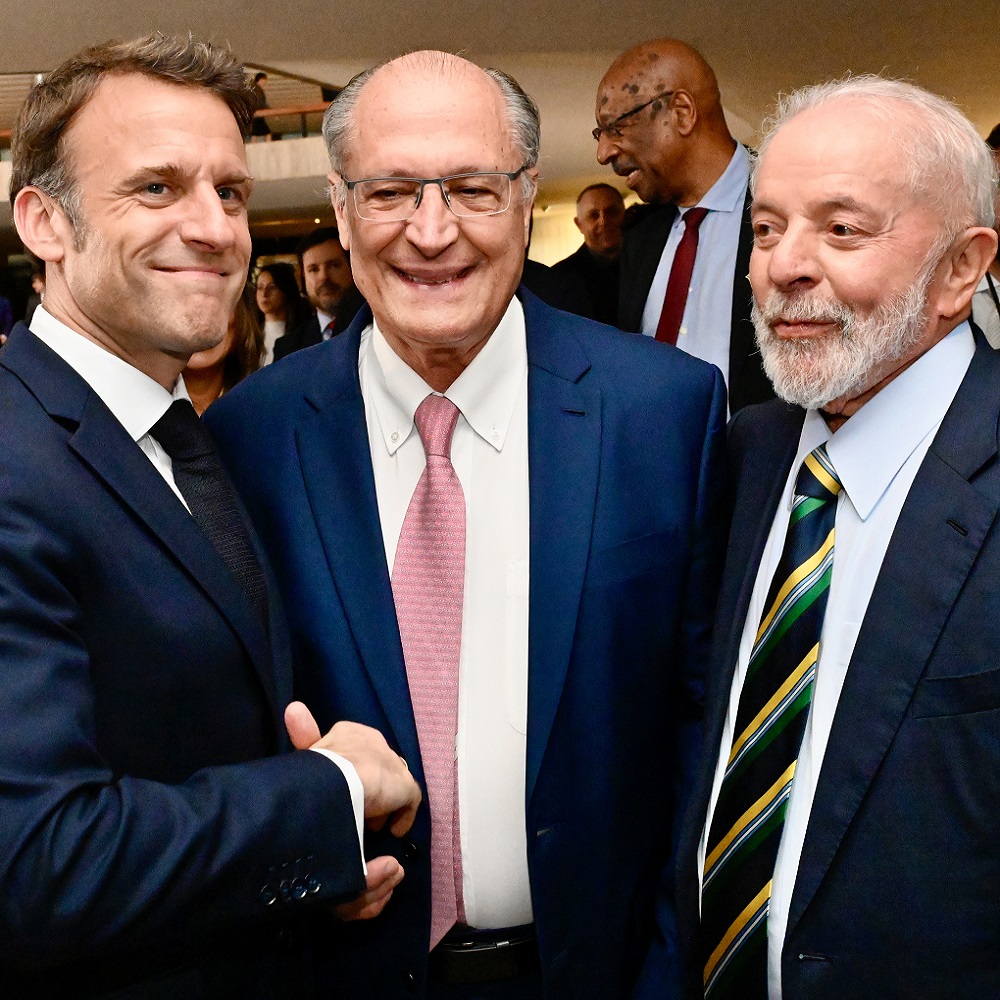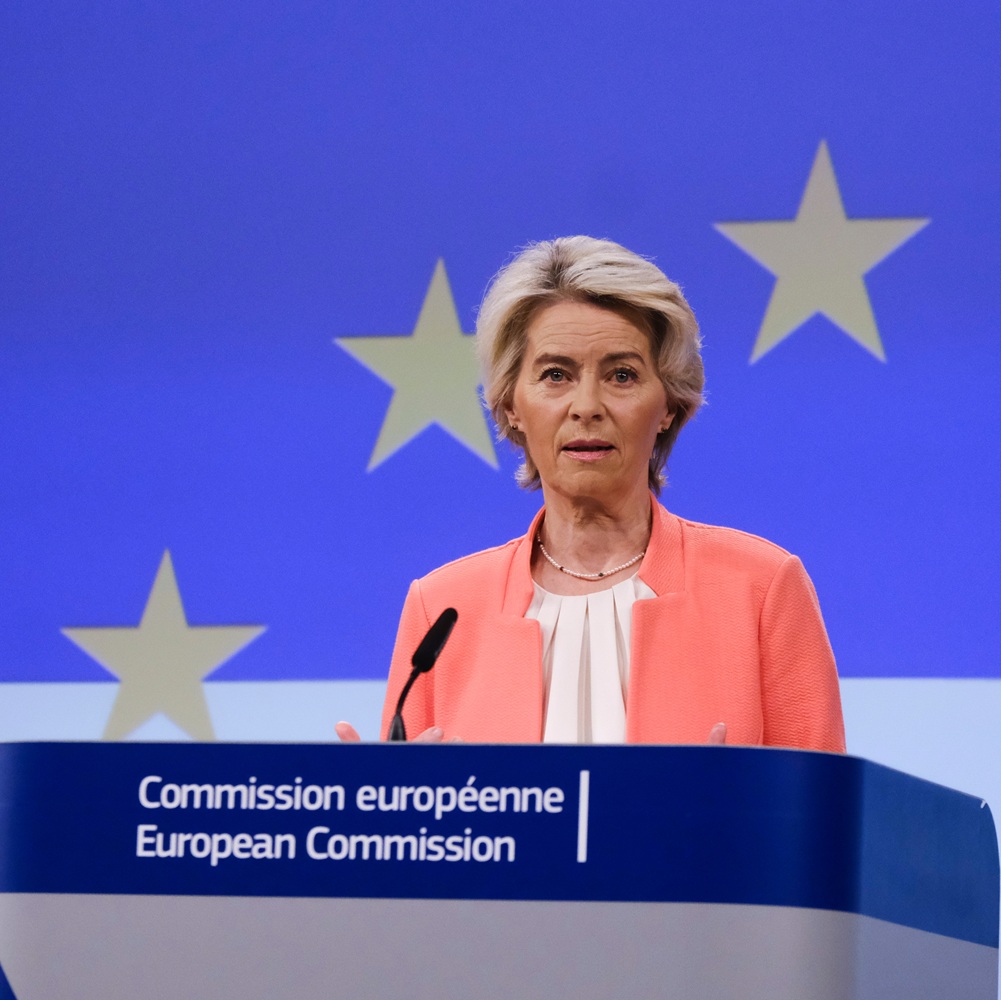
Norway Prime Minister Jonas Gahr Støre's Speech on board the USS Gerald R. Ford
by Jonas Gahr Støre
Ambassador, Admiral, Excellencies, friends, It is a great honour to welcome the USS Gerald R. Ford and its crew to Norway and to Oslo. This is a historical event, nothing less. – A show of force. But just as important: A show of friendship – and a show of trust. And it is great to be back on the Ford! – Because I have been here before. Actually, I landed on the Ford outside Norfolk, Virginia last September. I experienced how it was to land – but even more memorable was to take off, being catapulted off the ship – I am still recovering. Today, we came by boat. – It is more relaxed, if I may say so. It is very good to be back. I would like to thank you for this extraordinary U.S. hospitality, we can all feel it, thank you, Captain for the superb Friday evening entertainment. Stepping onto the ship once again, on the Norwegian side of the Atlantic Ocean, reminds me of the obvious fact: The ocean does not divide us. It unites us. And the ocean, as we can see, is a gateway, a waterway, that makes us to what we are – we are neighbours and close friends across the Atlantic. The Ford flies a battle flag which shows the compass rose. – This is an important tool, for centuries, and a powerful symbol – for staying on the right course. Navigating the Oslo fjord is no easy thing, and on your very first overseas visit I believe it proves that you master the tool – the compass, although – probably, the pilots also helped. Your skilled sailors have anchored the ship on a spot which is significant in many ways in my country. Because the Oslo Fjord tells an important part of the history of Norway: Merchants and rulers came this way, landed near Akershus Castle, which defended the city for centuries from invasions from outside. The famous explorer Roald Amundsen – whose name is, as you know, on the frigate – started his South Pole expedition from exactly where we are now, just ashore here. The Nazi German occupants came this way in 1940 – however, they struggled a lot more to get through the narrow parts of the fjord. The Norwegian king returned from his exile in Great Britain in 1945 on HMS Norfolk by this waterway. – War and peace. Shortly after, NATO was founded. Our two nations – founding fathers of NATO – are close allies, and – as you reminded, Admiral – the U.S. Navy is particularly important to Norwegian security. The U.S. Marine Corps equipment, stored in Mid-Norway, is proof of that commitment. The Norwegian Armed Forces appreciates, in numerous contexts, the opportunity to train with U.S. women and men in uniform. – And that is what we will do in the coming days, and we look forward to it. Well planned, joint exercises are essential. This is not new. It is about continuity. We know. Our neighbours know. And our allies know. The USS Gerald R. Ford is now anchored in the heart of the five Nordic countries – coastwise towards the Atlantic Ocean. This region will now form the new northern flank of NATO – with Finland, its newest member – and just pending the acceptance of Sweden. So – a new security policy map is in the making. For the first time in centuries the Nordic countries will belong to the same security alliance, being U.S. partners and partners of a strong alliance for stability and peace. Admiral, You are not just navigating a large ship; you are navigating a significant political and diplomatic tool: the U.S. at sea. This ship has the ability to enhance stability and security wherever you sail, whatever waters you travel. You demonstrate the U.S. commitment to NATO and to transatlantic security. To our security. For that we are truly grateful. Against the backdrop of the ongoing war in Ukraine, this is – to put it short – more important than ever. So, dear friends, on this beautiful Friday afternoon, we should be reminded that there have been dire times, wars in Europe, and we should prepare to avoid dire times in the future. Immediately after the attack on Pearl Harbour in December 1941, President Roosevelt wired Prime Minister Churchill the following words: “Today we are all in the same boat (…) and it is a ship which will not and cannot be sunk.” A truly transatlantic message – and from this our transatlantic alliance emerged. Democracies decided on standing together. Like then, we are in the same boat – and in a big one this time, and it feels safe. So, friends, Welcome to Norway, welcome to Oslo. Welcome to come training with us. I wish you and your fantastic crew of this ship an excellent stay. You have been well received in Oslo. You are our friends. I wish you a good onward voyage. Thank you very much for your attention.











